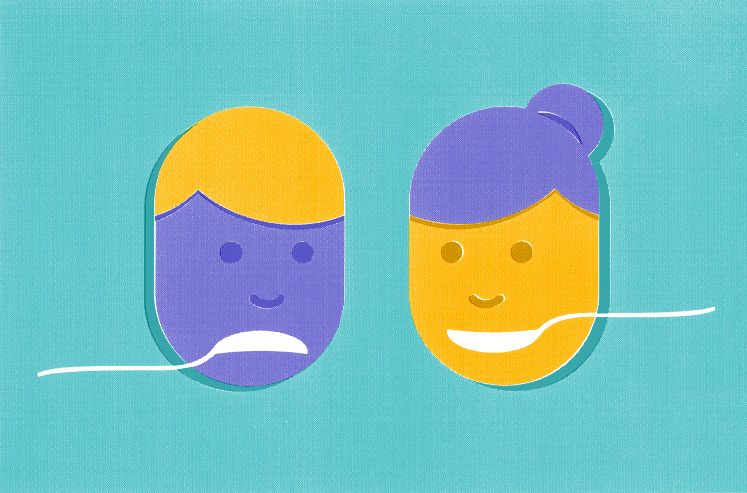Confused about diets? You aren’t alone. And there’s certainly no shortage of choices: the no-wheat diet, the avoid-all-carbs and no-sugar diet, the eat lots of meat and no beans diet, the eat lots of beans with no meat diet, the drink-instead-of-eat juice-cleanse diet, and the list goes on. It’s not only confusing, but also frustrating, as a lot of time, money, and self-esteem (let’s not forget that little thing called “health”) is wrapped up in these choices.
Every January, I look forward to U.S. News and World Report’s article on the best overall diets. The folks at U.S. News and World Report recruit multiple well-respected M.D.s, Ph.D.s, and researchers in the science of human nutrition to evaluate and rank the best diets. To be top-rated, a diet had to be relatively easy to follow, nutritious, safe, and effective for weight loss and fighting against diabetes and heart disease. It has to be sustainable without setting up the individual for other health risks.
Ironically (and thankfully), the diets that come out on top all have similar themes and definitive evidence to back them up. No pop or flash or lightning bolts. They are based in vegetables and fruits. They are higher in fiber. They are calorie and portion-controlled. They minimize processed foods. They don’t demonize or eliminate a particular food or food group. And the best yet? They can be very successful. Here are the top five:
Here’s more food for thought (pardon the pun). Even the best diet may not address the challenges of behavioral change or the psychological aspects of our relationships with food. So, if we are eating due to stress or boredom or to stifle emotions, then here’s another study/idea that offers hope. Researchers at Laval University in Canada followed the benefits of a weight-control intervention for more than a year. This intervention focused on being healthy at every size.
Rather than making food restriction and weight loss the goal, the plan emphasized positive things participants could do to improve their health: good nutrition (what to eat versus what not to eat) and enjoying physical activity. It also taught strategies for appreciating your body as it is now, regardless of size. At the one-year follow-up, two-thirds of participants had lost weight, despite the interventions’ explicit focus on positive behaviors rather than trying to reduce food intake or lose weight. Participants who developed the most flexible strategy were the most likely to maintain their weight loss.
Did you notice the physical activity part? There is no healthy lifestyle intervention that excludes exercise or physical activity. That blows out all the low- to no-carb diets right there. We must have adequate carbohydrate intake for brain, nervous system, and muscle function/exercise.
So if you are not sure what that means for you as the unique and fabulous individual that you are (considering each person’s different likes and dislikes, differing metabolic rates, and overall lifestyle patterns), check in with your doctor, or meet with a registered and licensed dietitian. They can help you get on with your dietary clutter-clearing, stop the short-term insanity, and find a plan that’s right for you.
Now, what to avoid? Here are the lowest-ranking diets:
The Fast Diet: This is on the bad list because it gave no guidance on non-fasting days.
The Atkins Diet: This one received a poor rating for long-term weight loss and for heart health.
The Raw Food Diet: Experts felt like this was impossible to follow and nutritionally incomplete (lacking B12, iron, etc.)
The Dukan Diet: It’s a restrictive plan that excludes even non-starchy vegetables (broccoli, etc.) on some days.
The Paleo Diet: This didn’t do well in any of the categories. Paleo-era man didn’t live very long, and they certainly didn’t have access to the amount of animal protein that we consume in modern times.
Meridan Zerner is a registered and licensed dietitian and is board certified in sports nutrition. She joined the Cooper Clinic Nutrition Department in 2007 where she specializes in weight management, exercise and sports nutrition, cardiovascular health, and nutrition through the life cycle.





